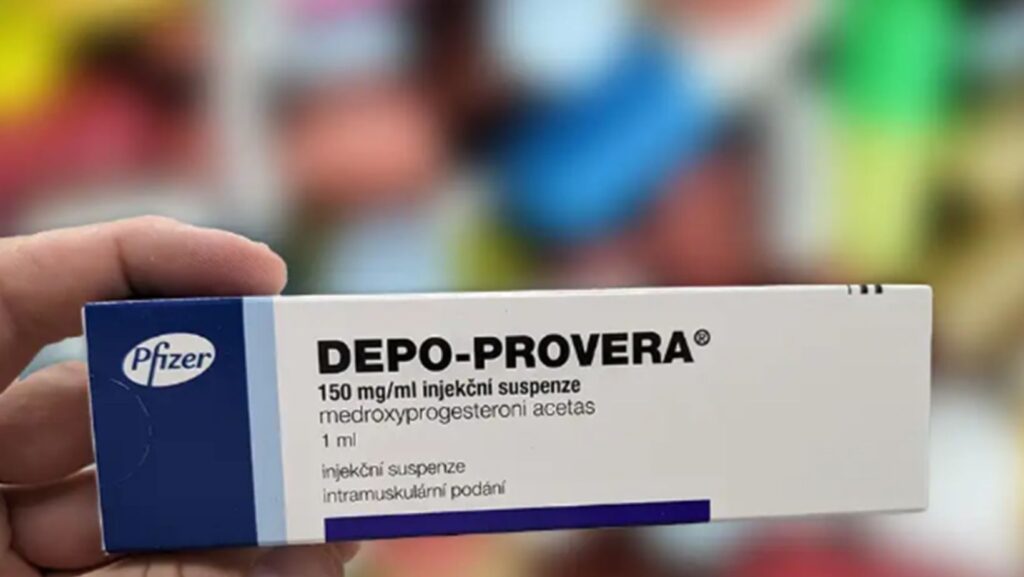Understanding Depo-Provera and Its Usage
With a better prevention rate and convenience of use once every 12 to 14 weeks, injectable contraceptives have been a popular method of contraception. Depo-Provera contains a synthetic form of the hormone progestin medroxyprogesterone acetate. It is administered every three months and valued for its convenience and effectiveness.
However, newer studies have linked long-term use with an increased risk of meningioma. Meningioma is a benign but potentially harmful brain tumor. The study has initiated legal actions against drug manufacturers, with individuals seeking justice with the help of Depo Provera lawsuit lawyers.
Understanding Meningioma?
Tumors arising from meninges are called meningiomas. The meninges are the protective layers surrounding the brain and spinal cord. Most meningiomas are benign and grow slowly; their location makes them risky. Based on where the tumor is situated, it can cause significant health issues, including:
- Headaches
- Vision Problems
- Seizures
- Cognitive Impairment
However, meningiomas can be malignant, requiring surgery or radiation therapy in rare cases. What connects them to the contraceptives are the progesterone receptors found in most of these tumors that have linked them to the contraceptives.
The Link Between Depo-Provera and Meningioma
Research has established a direct link between long-term high doses of progesterone and increased meningioma risks.
Key findings include:
- Dose-Dependent Risk: Higher chances of developing meningiomas with longer use of Depo-Provera correlate.

- Hormonal Sensitivity: Findings of the progesterone receptors in most meningiomas suggest that synthetic hormones may have stimulated tumor growth.
The study findings have resulted in regulatory bodies issuing warnings about the potential risks of use in many countries, especially in those with a history of meningiomas.
Legal Allegations in the Depo-Provera Lawsuits
The Depo-Provera lawsuits accuse the manufacturers of failure to warn users about the potential risk of meningioma associated with the drug use. Legal claims include:
- Failure to Warn: Insufficient information or inadequate warning about the meningioma risk.
- Negligence: Inadequate safety testing before releasing the product into the market.
- Product Liability: Selling the drug despite the knowledge that the risks outweigh the benefits.
The plaintiffs are seeking compensation for medical expenses, lost wages, and emotional distress caused by the diagnosis and its treatment.
Broader Implications of Lawsuits?
The Depo-Provera lawsuits are stressing the importance of transparency and accountability in the marketing and safety practices of the pharmaceutical industry. Potential outcomes include:
- Stronger Warning Labels: Strong and worded communication about risks associated with long-term Depo-Provera use.
- Enhanced Monitoring: Regular and rigorous surveillance to identify and address adverse effects.

- Patient Education: Better patient education through frank guidance to healthcare providers and patients regarding the risks and benefits of contraceptive use.
Preventive Measures for Current and Future Users
Before opting for Depo-Provera, consider the risks. Individuals are advised to consider all the risks and follow precautions listed below:
- Discuss Healthcare Provider Potential Risks: Go through personal and family medical history before going on or continuing with Depo-Provera.
- Limit Duration of Use: Opting for alternative contraceptive methods for long-term birth control.
- Monitor Symptoms: Approach physicians for any persistent headaches, vision changes, or neurological symptoms.



